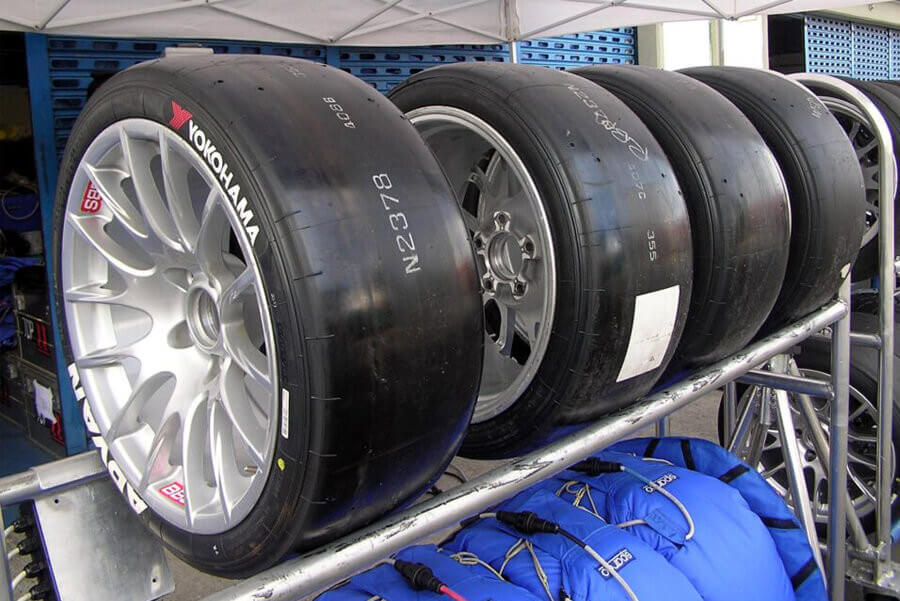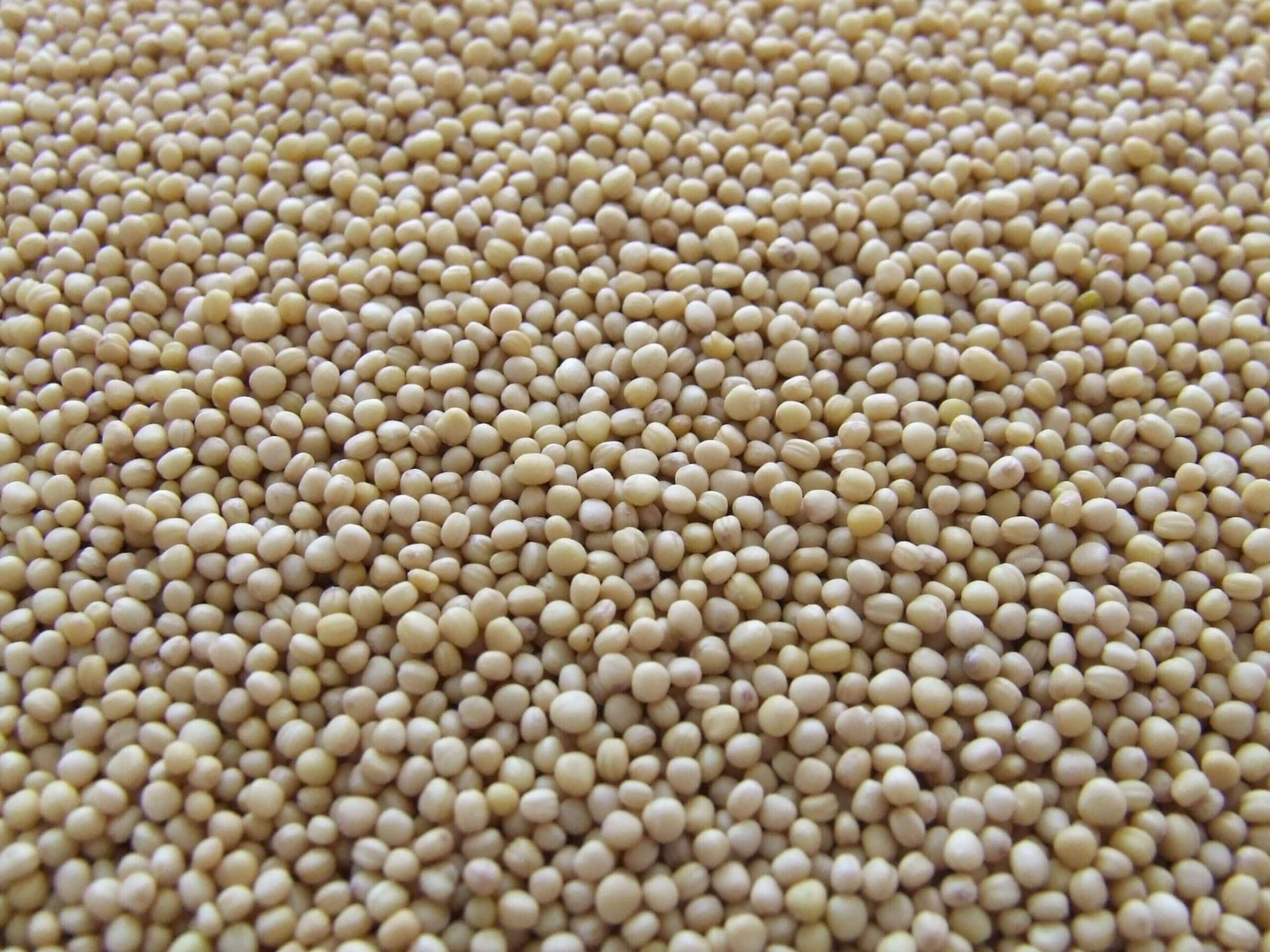As our recent articles on the subject show, one of the biggest concerns for tire manufacturers today is to reduce their dependence on oil. It is important to understand that this refined fossil fuel is used at all stages of tire production. Not only are additives extracted from it to make the rubber stronger, but synthetic rubber can be created from it.
Until now, this has been the only way to do it, but recently the Yokohama company unveiled a new process that could make the manufacture of synthetic rubber less polluting. By modifying the enzymes produced by certain cells, scientists at the Bio-monomer Production Laboratory have succeeded in producing key molecules of synthetic rubber… through fermentation.
GMOs to the rescue of your tires
This rather phenomenal result comes to us from a project by the Japanese company in partnership with Riken and Zeon, Japanese research institutes. The alliance began in 2013 and the Bio-monomer Production Laboratory, which RIken opened last year in the city of Yokohama, is one of its major operations centers. Their work, which focuses primarily in the area of biochemistry, is clearly already paying off!
The component being sought is butadiene, a reagent used in the synthesis of rubber gum. Normally, extracting it requires a lengthy process of chemical reactions and distillations, which is both relatively expensive and polluting. With the new method developed by the Yokohama-led partnership, it may now be possible to produce butadiene through fermentation. This is thanks to cells with artificially implanted enzymes that are capable of producing more butadiene than ever before.
The goal: ever greater efficiency!
Currently, the problem is production volume. To have any impact on the industry, the process must be both more cost-effective and more efficient than the traditional method. That’s the next challenge for the technology trio, who face their biggest challenge yet: finding a way to commercialize their new technology.
At present, there are no products on the market that use butadiene from fermentation, but their current lineup already contains some pretty unique models. The Avid Descend, among others, is notable for a somewhat strange additive: orange oil. This very sticky natural substance allows for a better bonding of the tread compound, for a more solid tire.






